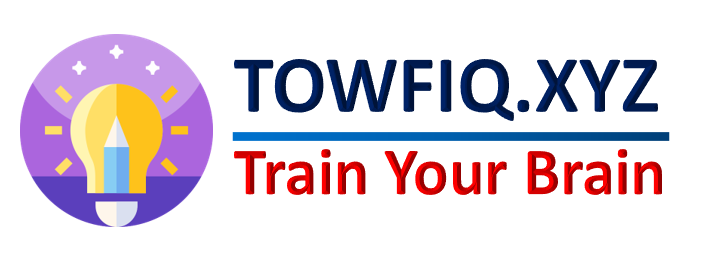General guidelines and recommendations.
1. Transparency: Job portal services should be transparent about their policies and procedures, including how they collect and use personal information, how they match job seekers with job listings, and how they evaluate and verify the authenticity of job listings.
2. User privacy: Job portal services should respect the privacy of their users and ensure that personal information is protected and used only for legitimate purposes.
3. Non-discrimination: Job portal services should not discriminate against job seekers based on their race, gender, religion, age, disability, or other protected characteristics. They should also ensure that job listings do not contain discriminatory language or requirements.
4. Quality control: Job portal services should have a system in place to ensure the quality and accuracy of job listings, including screening for fraudulent or misleading postings.
5. Responsiveness: Job portal services should be responsive to user inquiries and complaints, and have a system for resolving disputes between job seekers and employers.
6. Accessibility: Job portal services should be accessible to all users, including those with disabilities or limited technology access.
7. Fees: Job portal services may charge fees for certain services, such as premium listings or resume review, but these fees should be clearly disclosed and reasonable.
Overall, a job portal service should prioritize the needs of both job seekers and employers, and strive to create a fair and efficient platform for connecting job seekers with employment opportunities.
www.aimesbd.com


